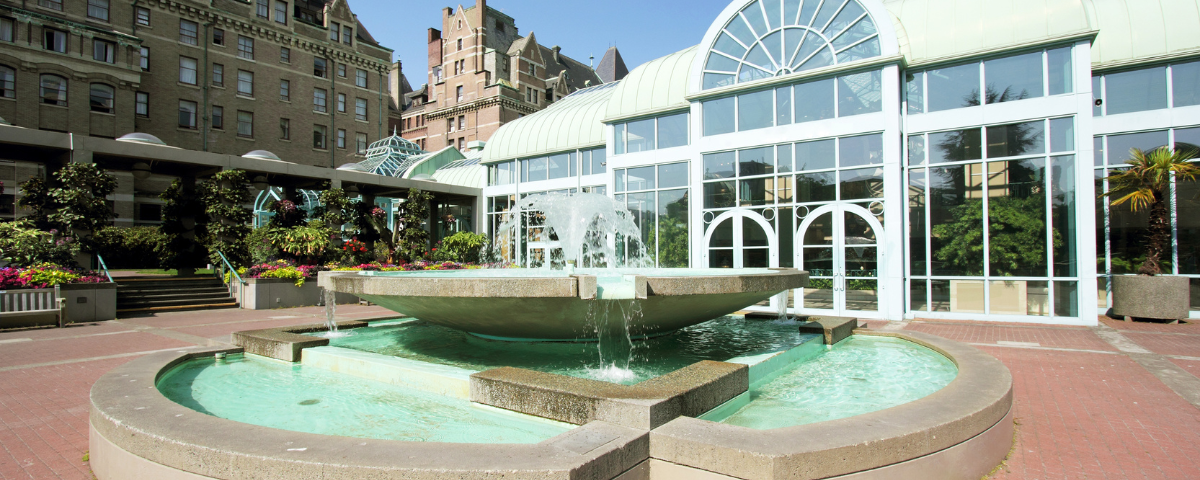Conference and meetings activity is not likely to bounce-back to 2019 levels until next year or beyond, says UKCAMS report. Mike Fletcher looks at the data.
Around 440,000 conferences and meetings took place throughout the UK during 2021, generating an estimated £4.9 billion of direct revenue for venues and destinations, according to the latest annual edition of the UK Conference and Meeting Survey (UKCAMS).
The report, sponsored by VisitBritain and with support from VenueDirectory.com, surveyed more than 200 conference centres, hotels and other types of event venues.
Participating venues reported an estimated 28.4 million delegates, accounting for around 42.7 million delegate days across 124 conferences and meetings per venue in 2021. The average event size was 65 delegates (compared to 57 delegates in 2020 and 69 delegates in 2019).
The total number of events staged last year was up 44% on activity which managed to take place during 2020. However, it was still down 69% on the number of conferences and meetings staged in 2019, which had generated around £17.6 billion of direct expenditure.
During 2021, the corporate sector was responsible for 63% of all staged activity. Public sector and government events formed 21% of the market, while associations accounted for 16%. Just under a third of all the events last year (31%) were organised by event agencies or PCOs.
In 2019, UK venues each staged around 405 events, with 41% of activity organised by agencies or PCOs. Over the ten years leading up to 2019, individual UK venues staged an annual average of 384 events.
By May 2021, the majority of UK venues were coming out of lockdown but with restrictions on larger events through to mid-July.
Business events were permitted without restrictions in the second half of the year, but the Omicron variant surge impacted at the end of 2021 and effectively shut down the conference and meetings sector again in December.
Perhaps unsurprisingly, therefore, the levels of product investment by venues remained below pre-Covid levels, with over a third of venues (35%) not investing anything in 2021 – no doubt a result of cash flow pressures and trading uncertainties.
Just under half of the UK venue respondents (45%) said they now expect their conference and meetings business to recover to 2019 levels by 2023, with a third anticipating it would be more in the medium term (2024-25). Only 14% anticipated a full recovery this year.
The education and academic sector was seen by participating venues as the most important in potentially generating future conferences and meetings. Finance, Commerce and Business was considered the second most important sector for enquiry leads.
Moreover, UK venues also reported that 25% of their future enquiries had asked for hybrid format capabilities. For 2021, venues reported that 21% of all activity was staged for both in-person and online audiences.
With the demand for in-house technology to support hybrid formats evidently rising, venues will need to prioritise funding in this area once investment returns.
Meanwhile, ‘location and access’ plus ‘value for money’ was cited by venues as likely to be the most important factors for organisers in the future.
A venue’s sustainability credentials, socially responsible and ethical venue operations, plus ‘flexibility of meetings spaces’ were also seen as important factors.
Tony Rogers, on behalf of the UKCAMS research team, says: “The UKCAMS research has consistently demonstrated the scale and importance of the conference and meetings industry to the national economy. The 2022 UKCAMS research programme provides some grounds for optimism that the sector may have begun the process of recovery from the ravages of Covid-19. Future UKCAMS research will monitor the progress the sector is making towards a full recovery.”
You may also be interested in…

